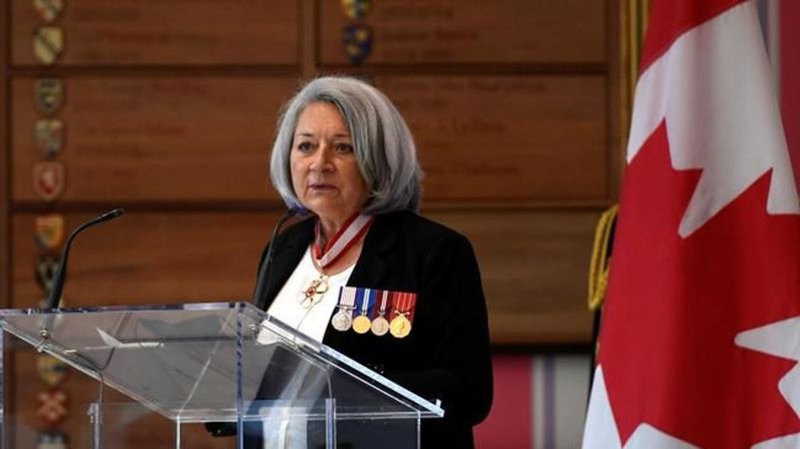
Truth and Reconciliation Day personal for new governor general, Mary May Simon
OTTAWA — Governor General Mary May Simon has some very personal reflections on the eve of Canada’s first National Day for Truth and Reconciliation.
As the daughter of a white father and Inuk mother, May Simon says in a statement that she was not made to attend a residential school.
She stayed behind and was home-schooled while other children were ripped away from their homes, separated from their families and sent to residential schools where they were not allowed to speak an Indigenous language or honour their culture.
May Simon, who was born in an Inuit village in northern Quebec, recalls visiting families where the absence of children was a “palpable void.”


